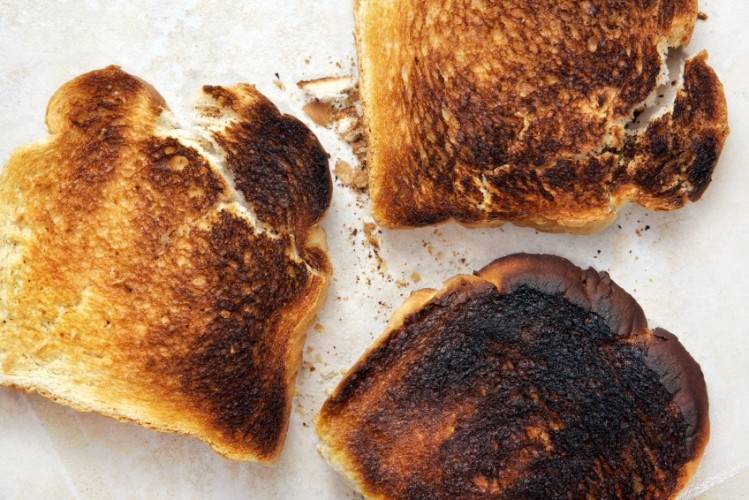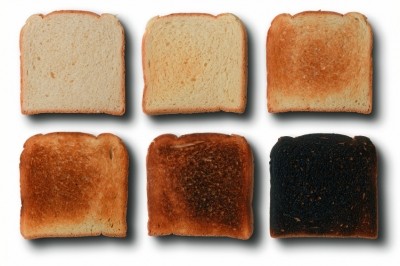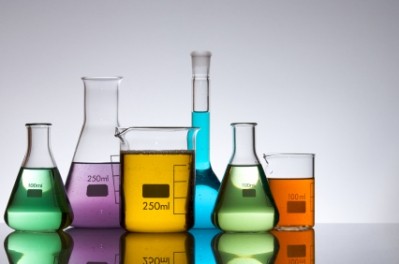Renaissance Bioscience files patent for non-GMO, acrylamide-reducing baker’s yeast

Acrylamide, found in a range of foods including breads, potato chips, cereals and coffee as a result of the Maillard reaction, is carcinogenic to humans, according to the World Health Organization.
The patent, filed to the US Patent and Trademark office, by Renaissance BioScience, will protect the company’s last two years of work in developing this acrylamide-reducing (AR) baker’s yeast.
Renaissance claims its yeast can reduce acrylamide by 70% to 95% in all of affected food items, with higher reductions in baked goods.
Matthew Dahabieh, PhD, president of Renaissance Ingredients, said development of this AR yeast was big step toward helping solve the "serious global health challenge" caused by acrylamide.
“Our AR yeast is now ready for the next stage of testing and trials by industry collaborators in baking, snacks, potato products, and coffee,” he told BakeryandSnacks.com.
“We are actively looking to form strong partnerships,” he said.
The next step in the process, Dahabieh said, would be to find manufacturers to undergo a regulatory approval process that would enable full-scale commercialization.
No disruption
Renaissance Bioscience’s AR yeast is said to seamlessly replace conventional baker’s yeast, leaving no difference with the finished product.
Dahabieh acknowledged there would be concerns from customers, but said the company’s research team believed the yeast would meet challenges and have minimal impact on the process.
From a cost-perspective, he said impact would also be minimal.
“We aim to work closely and confidentially with each and every collaborator to maximize the effectiveness of our AR yeast, while solving potential application challenges that may create barriers to adoption. We believe that our AR yeast can be a cost-effective way for food manufacturers to increase the safety of their products,” he said.
Even potato products would see a reduction, he explained, as they could be soaked in a mixture of the AR yeast and water to help eliminate a large amount of the asparagine, thereby reducing the acrylamide in the cooked product.
The process in place
Organizations have spent years trying to rid their products of acrylamide to varying degrees of success. With acrylamide forming spontaneously from reactions between amino acid precursor asparagine and carbohydrates in the foods cooked above 120 °C (248 °F), Dahabieh said current processes in place limit cooking time and temperature, as well as removing as the asparagine from the start. However, acrylamide can still form in the end product if the consumer heats it.
In Renaissance BioScience’s process, the asparagine enzyme is always in place. This helps cut down on the level of the carcinogen in the finished product.
“This lets it quickly consume asparagine on contact and significantly reduce acrylamide in ‘real-world’ conditions,” Dahabieh said. “This is simply not possible with conventional yeast.”







